
Pandemic pushes women online: Interview with Bhaskar Chakravorti
Covid has accelerated digitisation for women, a new study reveals.

Covid has accelerated digitisation for women, a new study reveals.
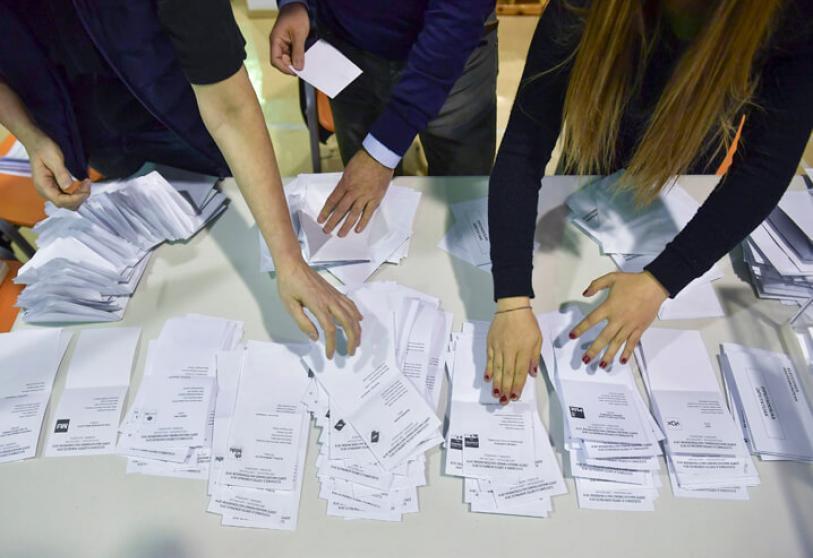
Atalayar | Recommendations for the government of Spain based on the e-Estonia model

Companies have recently made progress in employee diversity, but cuts due to economic worries are expected to hurt underrepresented workers most.

More services are going online-only—catching more people on the wrong side of a widening gulf.

As Covid-19 raged, access to high-speed internet saved lives. The effects were especially pronounced in cities, researchers found.
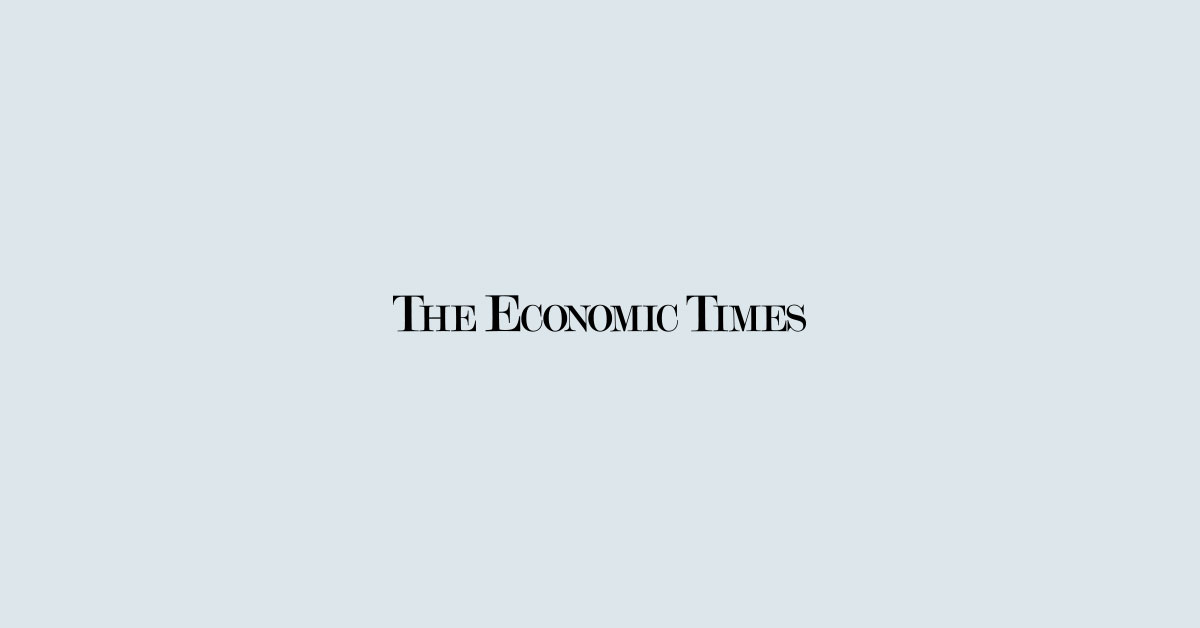
The lingering pandemic and the ongoing war in Europe has made the world economy experience a slowdown in the pace of globalisation. This has ramifications for both the global and Indian economy.
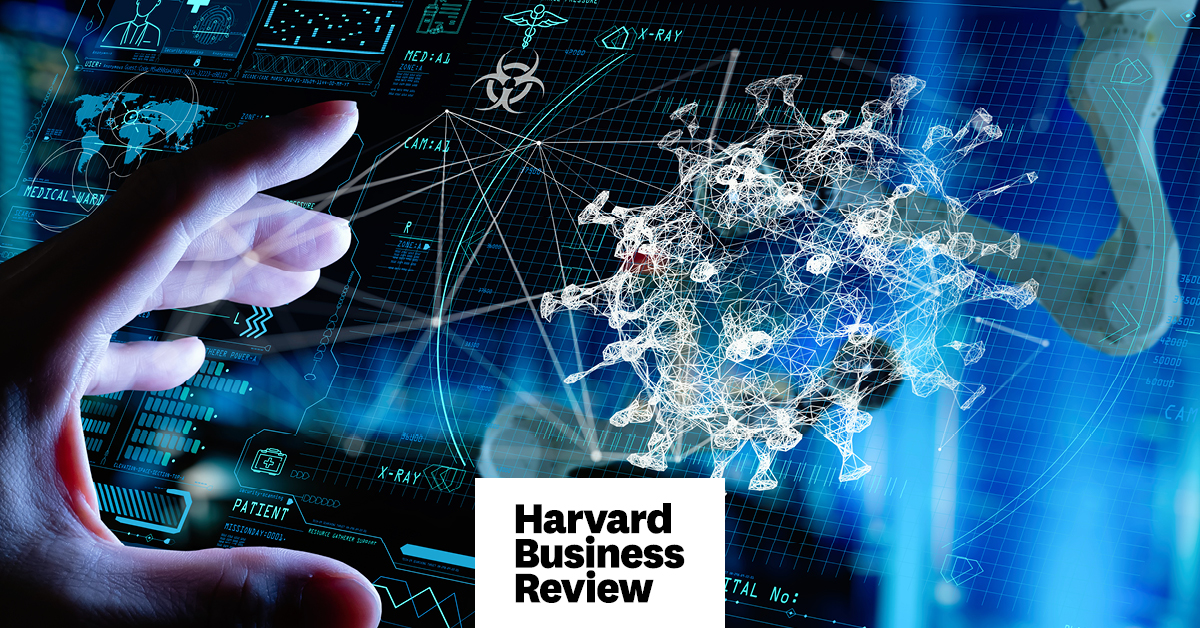
The pandemic could have been the moment when AI made good on its promising potential. There was an unprecedented convergence of the need for fast, evidence-based decisions and large-scale problem-solving with datasets spilling out of every country in the world.

Experts say the solution is to make remote work the default.

Bhaskar Chakravorti said “Nobody is safe until everyone’s safe,” when asked about the COVID-19 outbreak in India.

Protecting privacy and building trust, as well as improving the technology, will be key to success, says Tufts cybersecurity expert and Professor Susan Landau.

Bhaskar Chakravorti discusses how advancements in technology have helped maintain the global economy and what companies have done to contribute to the widespread adoption of digitally-based services.
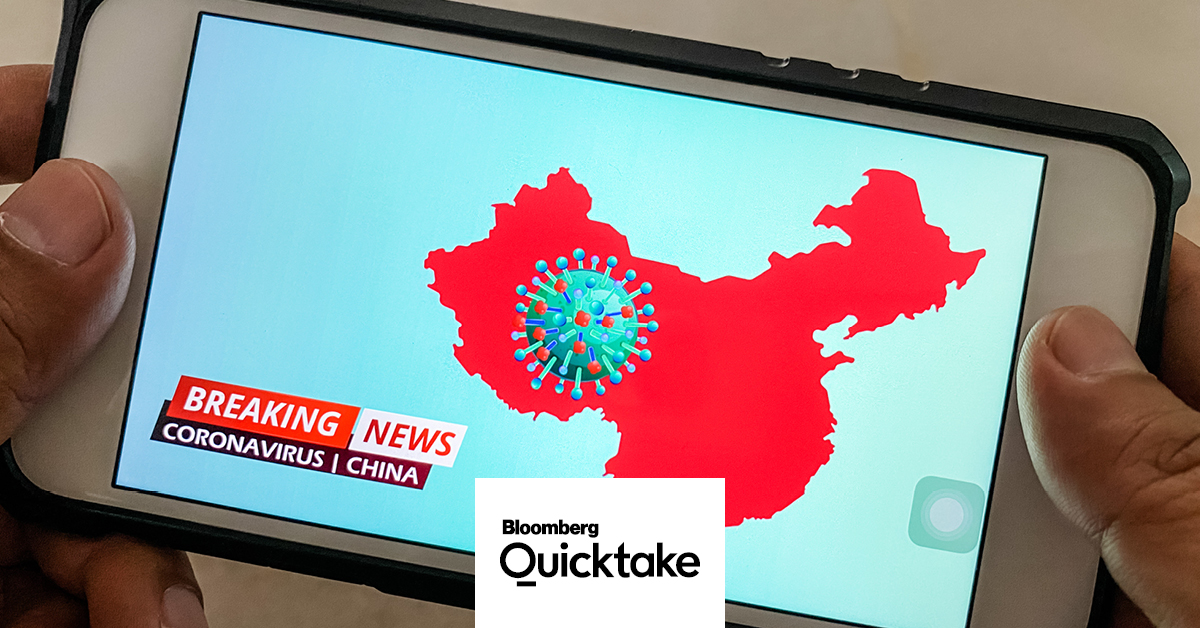
Bhaskar Chakravorti says our reliance on tech in the pandemic “fast-forwarded” everyday life into the future, even though our lives were put on pause.

Resilience reflects digital infrastructure and citizen trust, according to Fletcher School study.

Erica Pandley writes about the correlation between the UK’s struggling economy and its transition to working from home during COVID-19, citing data from the Digital Intelligence Index (DII).

Bhaskar Chakravorti describes the economic and social tolls that COVID-19 has taken on India, citing insights from Digital Planet’s Social Distance Readiness Benchmark.
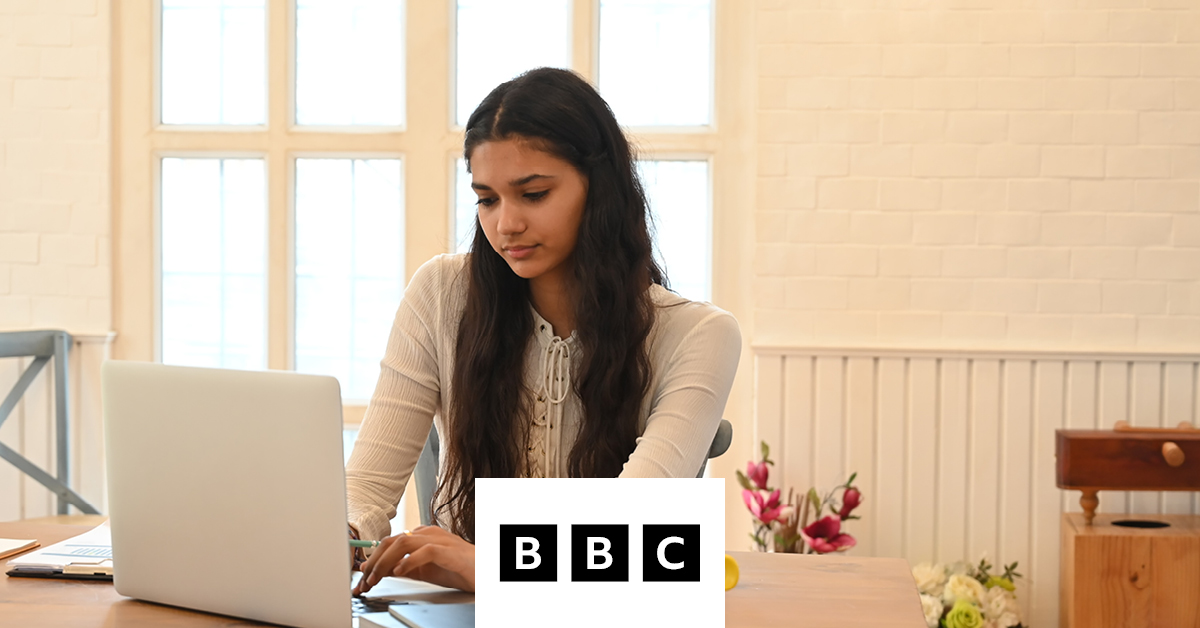
Bhaskar Chakravorti discusses research from Digital Planet, which found that India is one of the least equipped countries for remote-working readiness.
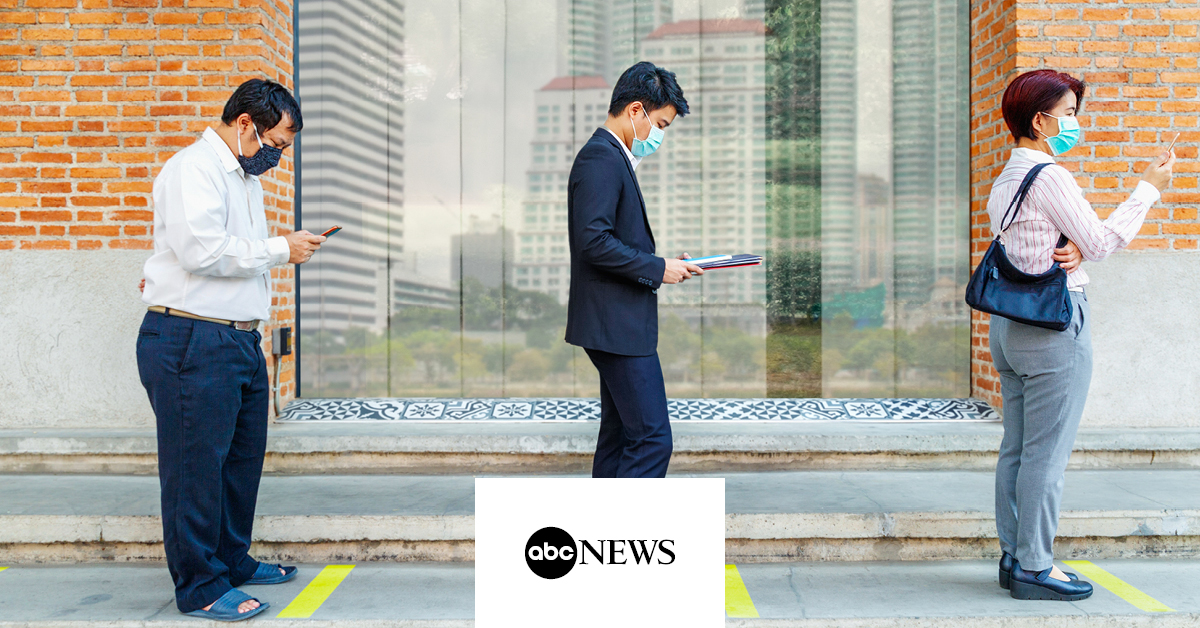
While working from home is an option for the digitally-connected, much of the U.S. and the rest of the world aren’t ready to support a remote workforce.

ICE’s international student ban is a politicized pandemic response that hurts America.

Rather than prepare to reopen, Bhaskar Chakravorti recommends that companies help employees settle into operating remotely.

Bhaskar Chakravorti shares insights from Digital Planet’s Social Distance Readiness Benchmark and discusses which states are practicing social distancing best.

New research from Digital Planet analyzes how prepared 42 countries were to enter and exit lockdown during COVID-19.

Tufts Now | Bhaskar Chakravorti participated in Lessons from a Pandemic, a video series run by Tufts University, and shared his insights on how to lift lockdown orders around the world.

NBC Boston | Bhaskar Chakravorti is interviewed and expresses his thoughts on President Trump’s recommendation to inject disinfectants.

As the world raced to contain COVID-19, it effectively launched a necessary but costly experiment: Move all possible economic activity online to flatten the pandemic’s curve and save lives. But digitally recreating the economy-as-usual has its limits and the “Great Lockdown” comes with devastating economic costs.

USA Today | Bhaskar Chakravorti states guidelines to reopen states are “a bad idea motivated by Trump’s political motives rather than a measured, data-driven public health strategy.”

Al Jazeera | CPJ says Trump’s attacks have been amplified during the coronavirus crisis, a time when unimpeded journalism is crucial.
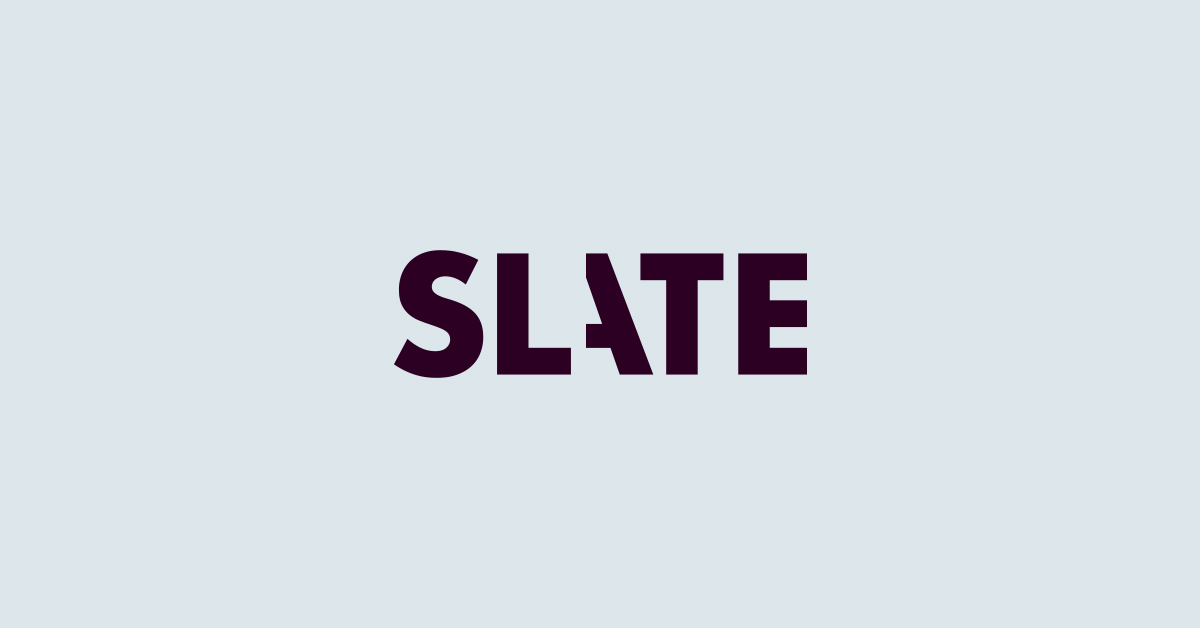
Fletcher Professor of Cybersecurity Policy Josephine Wolff explains that while Zoom has made some mistakes, it’s owned up to them in the middle of an unprecedented time.

CBS News examines the strain on internet infrastructure due to increased remote work, highlighting the need for robust connectivity.
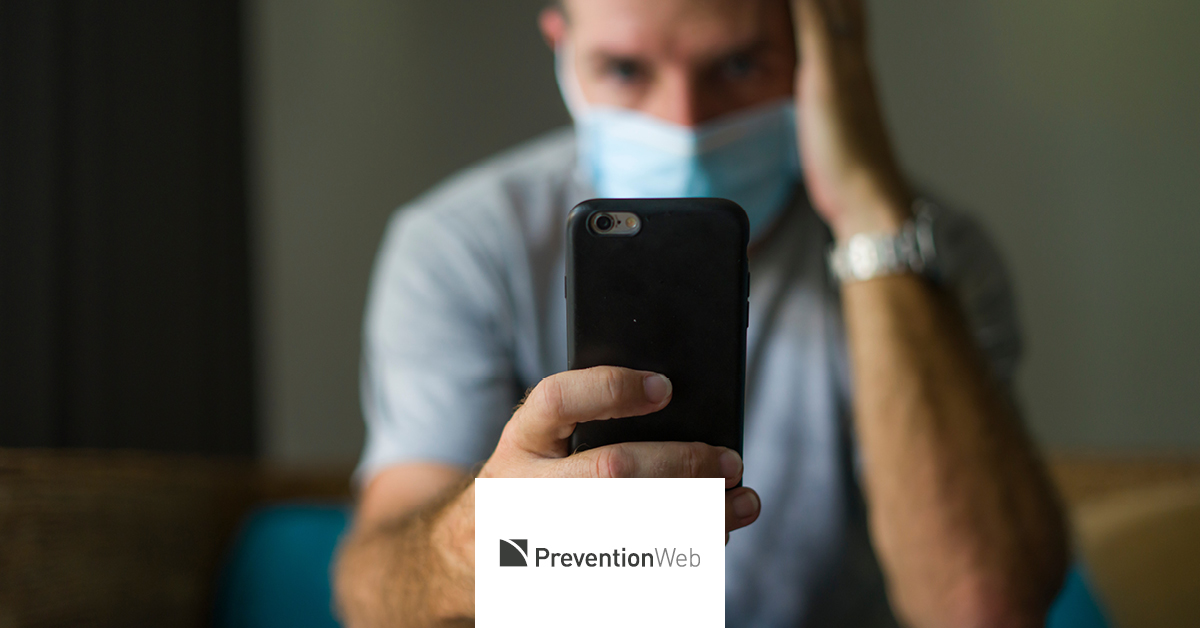
Social media companies combat COVID-19 misinformation but urged to do more. Increased efforts needed to tackle the spread of false information.

Josephine Wolff explains how the United States can learn from other countries to track the pandemic while still protecting privacy.

The rise of the coronavirus is leading to a surge of false and possibly dangerous misinformation. Where can people go to get the facts?

Rumors and untruths are spreading online — from conspiracy theories about the origin of the virus to outlandish treatments.
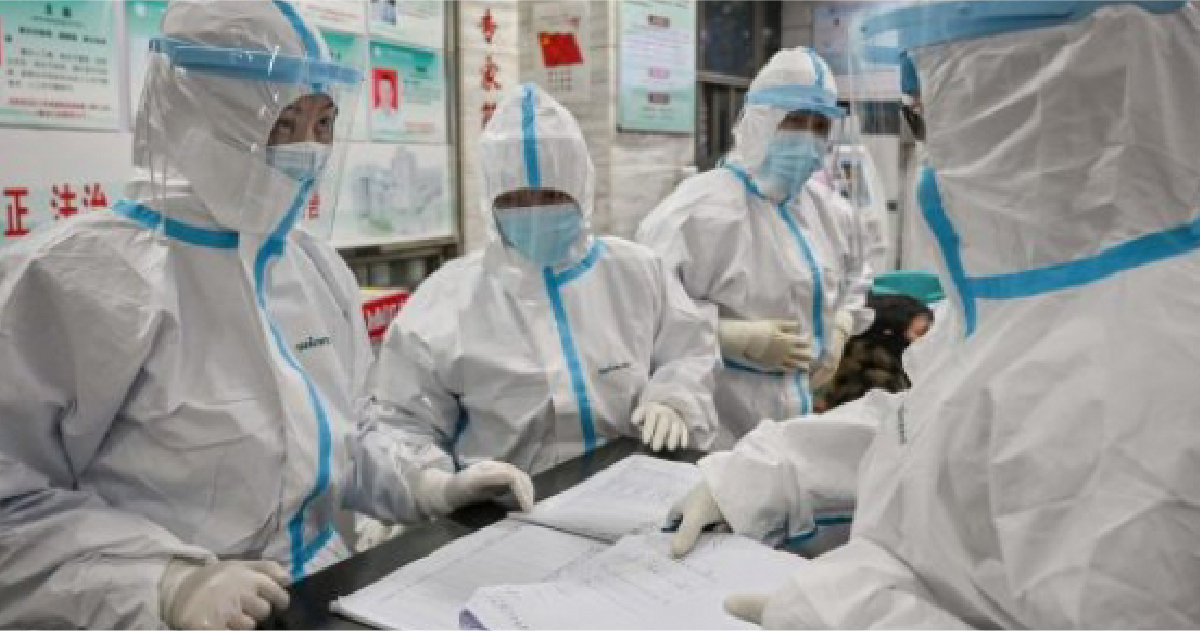
Fox News | “I would worry about countries that have single party or autocratic governments since they have a lower level of objective scrutiny from the media, including the traditional (institutionally reported) media and (bottom-up reported) social media.”
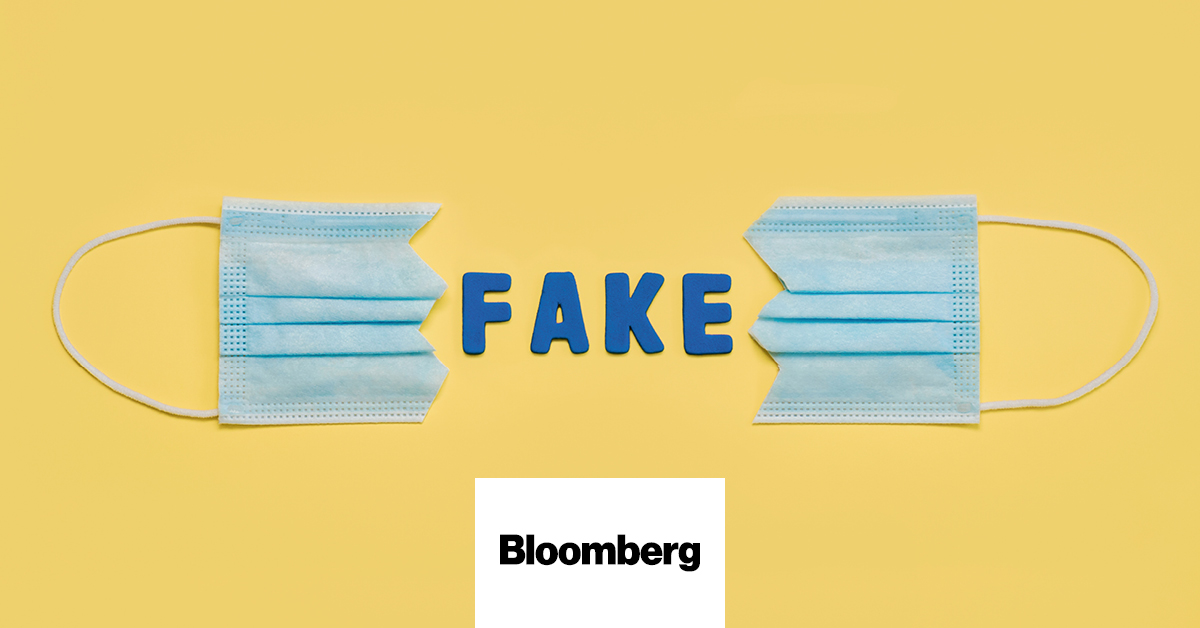
Facebook’s new new “physical harm” standard is one that Twitter and Google ought to adopt.